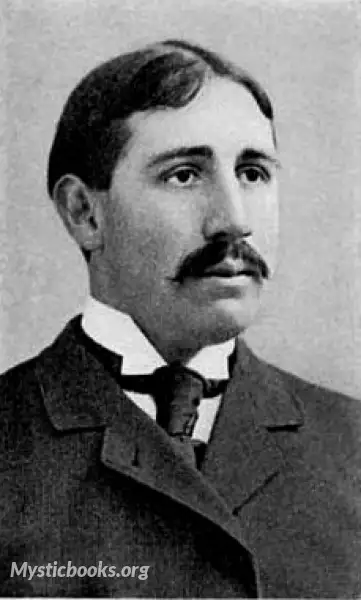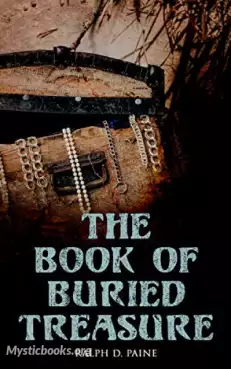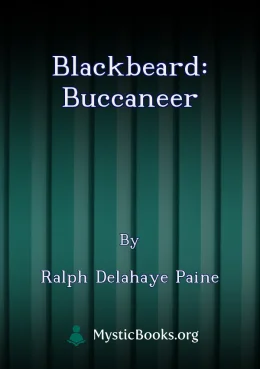
Timeline
Title
Country/Nationality
Ralph Delahaye Paine
Ralph Delahaye Paine was an American journalist and author popular in the early 20th century. Later, he held both elected and appointed government offices.
Born in Lemont, Illinois, Paine was the son of Reverend Samuel Delahaye Paine. Rev. Paine was born in London and served in the British Army during the Crimean War before emigrating to America in 1856. Rev. Paine served as a lieutenant in the 2nd Maine Battery during the American Civil War and later was chaplain-in-chief of the Grand Army of the Republic.
While his father was pastor of the Ocean Street Presbyterian Church in Jacksonville, Florida, Paine worked as a reporter for twelve dollars a week. He also frequented a soda fountain in a cigar shop owned by Cuban revolutionary José Alejandro Huau.
Paine attended Hillhouse High School in New Haven, Connecticut and then Yale University. At Yale he was on the football and rowing teams and was a member of Skull and Bones. At Yale, he covered athletic news for a news syndicate. This, plus the money he saved reporting in Jacksonville, paid for his education. He graduated in 1894.
After graduating, Paine worked for the Philadelphia Press until 1901. Paine's connection to Huau came to the attention of newspaperman William Randolph Hearst when American newspapers were publishing frenzied coverage of the Cuban War of Independence. Hearst's New York Journal had held a contest to determine the "world's greatest living soldier", and Cuban revolutionary military commander Máximo Gómez was the winner. The prize was a gold-plated and diamond-encrusted sword inscribed "Viva Cuba Libre" and "To Máximo Gómez, Commander-in-Chief of the Army of the Republic of Cuba". Hearst needed someone to deliver the sword to Gomez and offered Paine the task. Paine replied "I am the damn fool you have been looking for."
Huau got Paine and another reporter, Ernest McCready, on a boat smuggling munitions and soldiers to Cuba, the Three Friends under Captain "Dynamite" Johnny O'Brien. The Three Friends got into a skirmish with a Spanish gunboat and, in the only naval battle of the war, inexplicably triumphed. However, since the US was not participating in the war, O'Brien, fearing legal entanglements and seizure of his vessel, fled and left passengers and cargo on No Name Key. After filing his story in Key West, Paine managed to get on board the Dauntless, which came to retrieve the cargo under the supervision of General Emilio Núñez. He let Paine and McCready on board, but Núñez, annoyed by a delay they had caused, refused to let them off at Corrientes Bay and returned them to Jacksonville. Upon his return, he discovered that he was among those indicted for piracy (a capital crime) in the Three Friends incident. With the assistance of his father, Paine went into hiding for a month. However, one of the co-owners of the boat was powerful sheriff and future Governor of Florida Napoleon Broward. Thanks to his influence, no witnesses could identify any participants in the affair and the case was dropped. Paine gave the sword to José Huau, who had it delivered to Gómez's wife in Santo Domingo, and returned to his job at the Philadelphia Press.
During World War I, he worked for the Committee on Public Information and the United States Department of the Navy, observing and writing about Allied naval forces. He was also a commissioner of the United States Fuel Administration in 1918.
Books by Ralph Delahaye Paine

The Book of Buried Treasure
BEING A TRUE HISTORY OF THE GOLD, JEWELS, AND PLATE OF PIRATES, GALLEONS, ETC., WHICH ARE SOUGHT FOR TO THIS DAY. Ralph Delahaye Paine was an American journalist and author popular in the early 20th century. Paine's book tells of pirates, heroes, sco...

Blackbeard: Buccaneer
This book narrates the adventures of Edward Teach, the notorious pirate known as Blackbeard. A blend of fiction and historical facts, it portrays Teach's life from his early days in England to his demise in a clash with the Royal Navy.